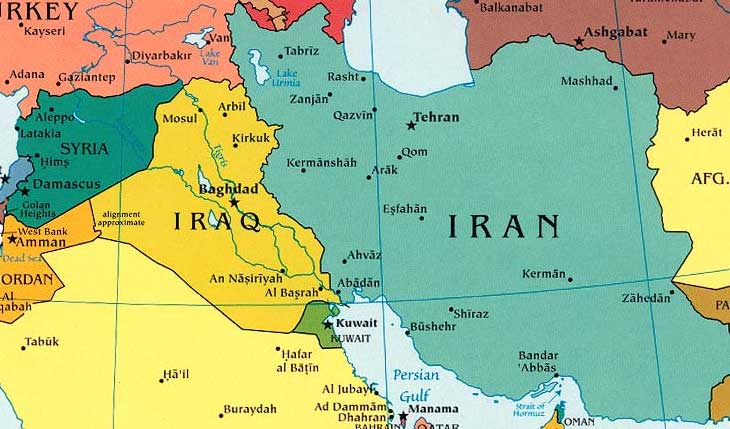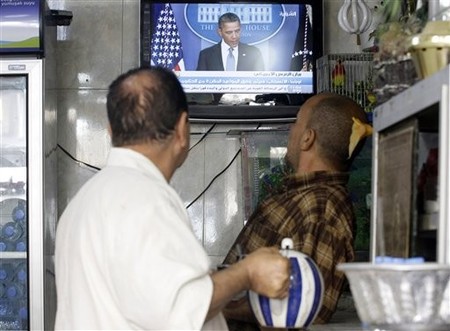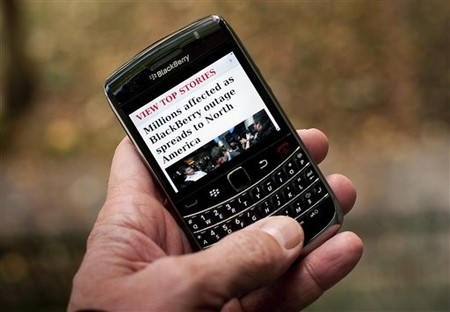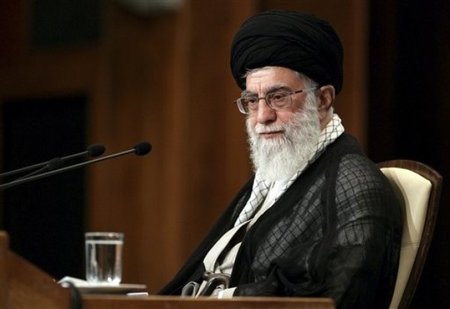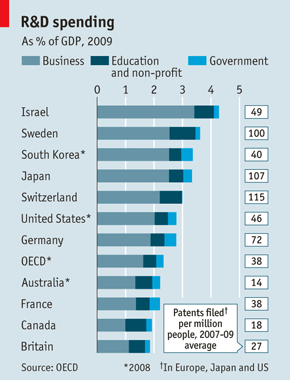A Glimpse at the Future of Afghanistan
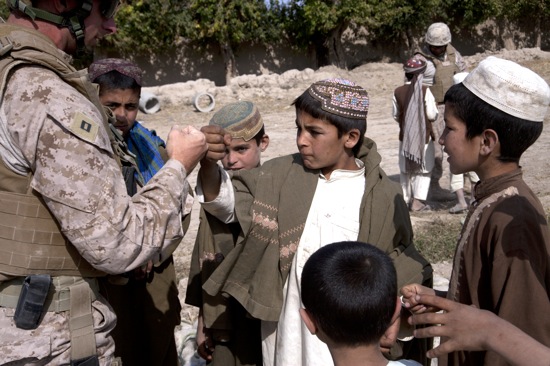
Capt. Michael Gagnon teaches Afghan children how to fist bump in the Helmand River Valley of southwestern Afghanistan, Oct. 21. Gagnon, a native of Oxford, Mass., commands a team of roughly 20 men dubbed “Task Force Nomad.” Over the next several weeks, the task force, a subset of Marine Wing Support Squadron 371, will construct or improve helicopter landing zones along the valley.
-- Photo by Cpl. Brian Adam Jones
By Brian Adam Jones
Last week, I like to think I had the opportunity to glimpse at the future of Afghanistan.
“Yo, Gimme some chocolate,” said the Pashtun boy.
Four English words and a spirited request for candy demonstrated the effects of a decade of American presence in the region.
“Yo,” answered Capt. Michael Gagnon, a logistics officer with Marine Wing Support Squadron 371. He responded in Pashto that he didn’t have any.
As of last week, I had been in Afghanistan roughly two and a half months and I’d hardly seen any Afghans.
My role as a combat journalist with 2nd Marine Aircraft Wing (Forward) means I don’t have the opportunity to interact with the population the way other forces do, but nonetheless, I was eager to be on the ground.
I traveled to the Helmand River Valley to spend a few days with Gagnon, who is on his third Afghan deployment in two years, and his small team, operating out of Patrol Base Alcatraz to construct helicopter landing zones for the small outposts here.
Having spent the last two months in the desert, I found the Helmand River Valley weird. I hadn’t seen a tree since July when I left North Carolina for Afghanistan. The thin strip of lush vegetation surrounding either side of the Helmand River was surreal to me, and I was eager to explore it.
In the midst of constructing a helicopter landing zone for one of the countless patrol bases that dot the heavily-populated valley, Gagnon, myself and the rest of the team encountered a group of curious Afghan children.
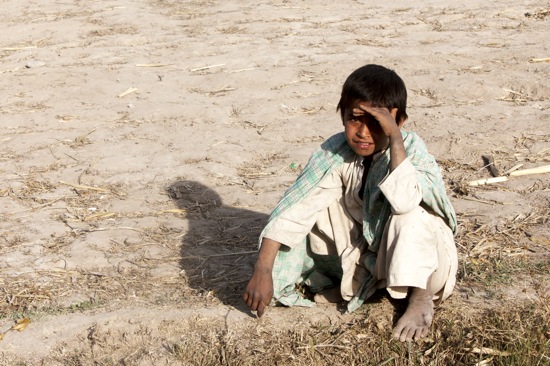
An Afghan child shields his eyes from the sun outside a village in the Helmand River Valley.
-- Photo by Cpl. Brian Adam Jones
A special operations unit occupied the compound where we constructed the landing zone, and they coexisted with a small town.
Dozens of Afghan children, ranging in age from about 3-13 would stop and offer a high-five or see if we had candy.
These boys were as curious and playfully mischievous as any children anywhere.
Cpl. Eliud Reyes, a military policeman with Marine Wing Support Squadron 371, had a bag of Jolly Ranchers he decided to share. He gathered them in a huddle and knelt down in front of them.
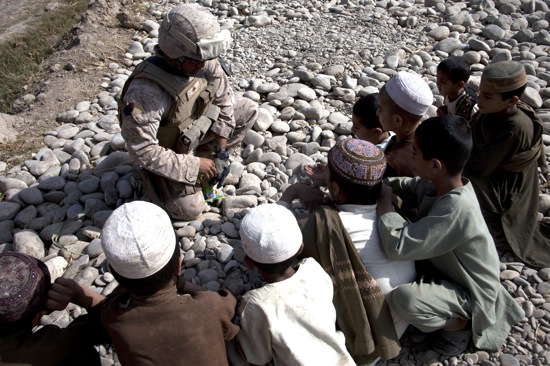
Cpl. Eliud Reyes prepares to pass candy out to a group of Afghan children in the Helmand River Valley. Reyes, a native of Yonkers, N.Y., is a military policeman with Marine Wing Support Squadron 371. He is currently tasked with providing security for “Task Force Nomad."
-- Photo by Cpl. Brian Adam Jones
Reyes clutched the bag of candy in one hand and held up his index finger with the other.
“One,” he said sternly, presumably in the interest of demonstrating fairness and preventing fighting among the children.
“Three,” yelled back a child in the back of the group, laughing and brandishing three fingers.
It was clearly not their first go at this.
Pretty much every single kid took his allotted piece of candy, hid it in his clothes, then stuck his hand back out, holding up one finger and looking at the Marine with pleading eyes.
Those kids hustled Reyes for his candy pretty well, and frankly, it was refreshing.
In an abstract, foreign place with cultural differences difficult to relate to, it was nice to see some of the same kind of stuff I did when I was young.
As one of the master sergeants out there put it, “kids are kids.”
We left those kids with a few handfuls of Jolly Ranchers and a lesson on how to fist bump, but they gave me a warm feeling on the potential for this region.
Later, back on Alcatraz, an Afghan National Army truck drove up and parked nearby. It was riddled with bullet holes. I decided to get a photo.
I’m 22 years old and the two soldiers in the truck looked younger than me. I greeted them with a smile and a wave, showed them my camera and asked if I could photograph them.
They smiled back, shrugged, and offered me a piece of pomegranate.
Like me, they came of age in this war, though certainly in a far different manner.
It was not long ago that they would have been following patrols or greeting Marines in pastures asking for candy. Now, like the rest of the youth here, the fate of this nation is in their hands.
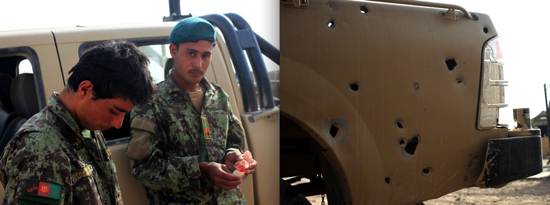
Two young Afghan National Army soldiers at Patrol Base Alcatraz, their truck riddled with bullet holes.
-- Photos by Cpl. Brian Adam Jones
I appreciate the feedback I received last week; I hope you all stay posted as I chronicle my experiences as an enlisted Marine in Afghanistan over the next several weeks.
Cpl. Jones' first entry - My Path to Afghanistan
To contact me with feedback or questions, email me at brian.adam.jones@gmail.com. To learn more about the 2nd Marine Aircraft Wing (Forward), visit the Facebook page.

The views, opinions, positions or strategies expressed by the author are his alone, and do not necessarily reflect the Department of Defense or United States Marine Corps.

